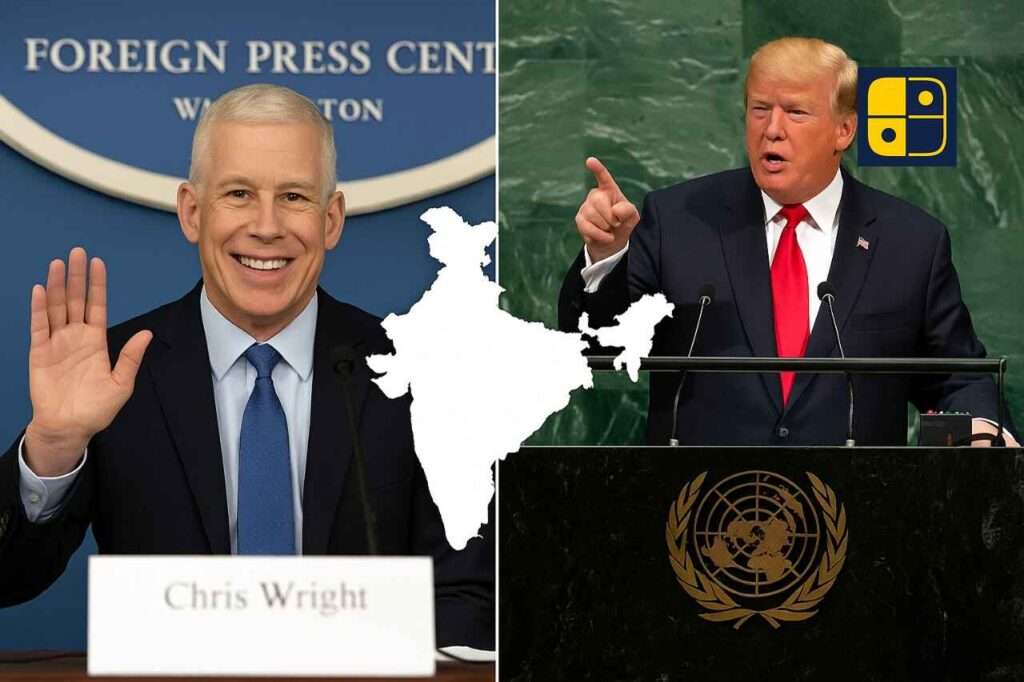“We don’t want to punish India. You can buy oil from every nation on the earth, just not Russian oil. That’s our position. America has oil to sell, so does everybody else.”: U.S. Energy Secretary Chris Wright
In his blunt remark at the New York Foreign Press Centre, U.S. Energy Secretary Chris Wright laid bare Washington’s unease with India’s continued reliance on Russian oil. The timing is telling just as President Zelenskyy claimed that “India is mostly on our side,” Washington has sharpened its expectation that New Delhi must distance itself from Moscow’s oil lifeline. Yet Russia, offering heavy discounts and flexible supply, remains India’s most reliable energy partner. For a country where affordable oil underpins both growth and social stability, these barrels are not mere commodities they are strategic essentials.
This triangular contest between India, the U.S., and Russia reflects deeper fractures in the global order. Washington frames its position as a moral imperative to deny Moscow war funds, but hard questions remain: can U.S. or Gulf suppliers match Russian discounts? Can they guarantee steady flows without volatility? Meanwhile, Trump’s tariff threats at the UN expose the fragility of Western commitments. Against this backdrop, the sharper question emerges: should India even think of moving away from Russia when alternatives remain uncertain, costly, and politically conditional? The West’s selective standards demanding sacrifices from India while tolerating exceptions elsewhere only fuel skepticism.
India’s strategic autonomy cannot be reduced to lectures or ultimatums. To abandon Russian oil without concrete, affordable replacements would be reckless and unfair to India’s citizens. Unless Washington offers real guarantees rather than rhetorical pressure, New Delhi will continue to act pragmatically buying where it must, securing what it needs, and refusing to mortgage national interest at the altar of global geopolitics.

